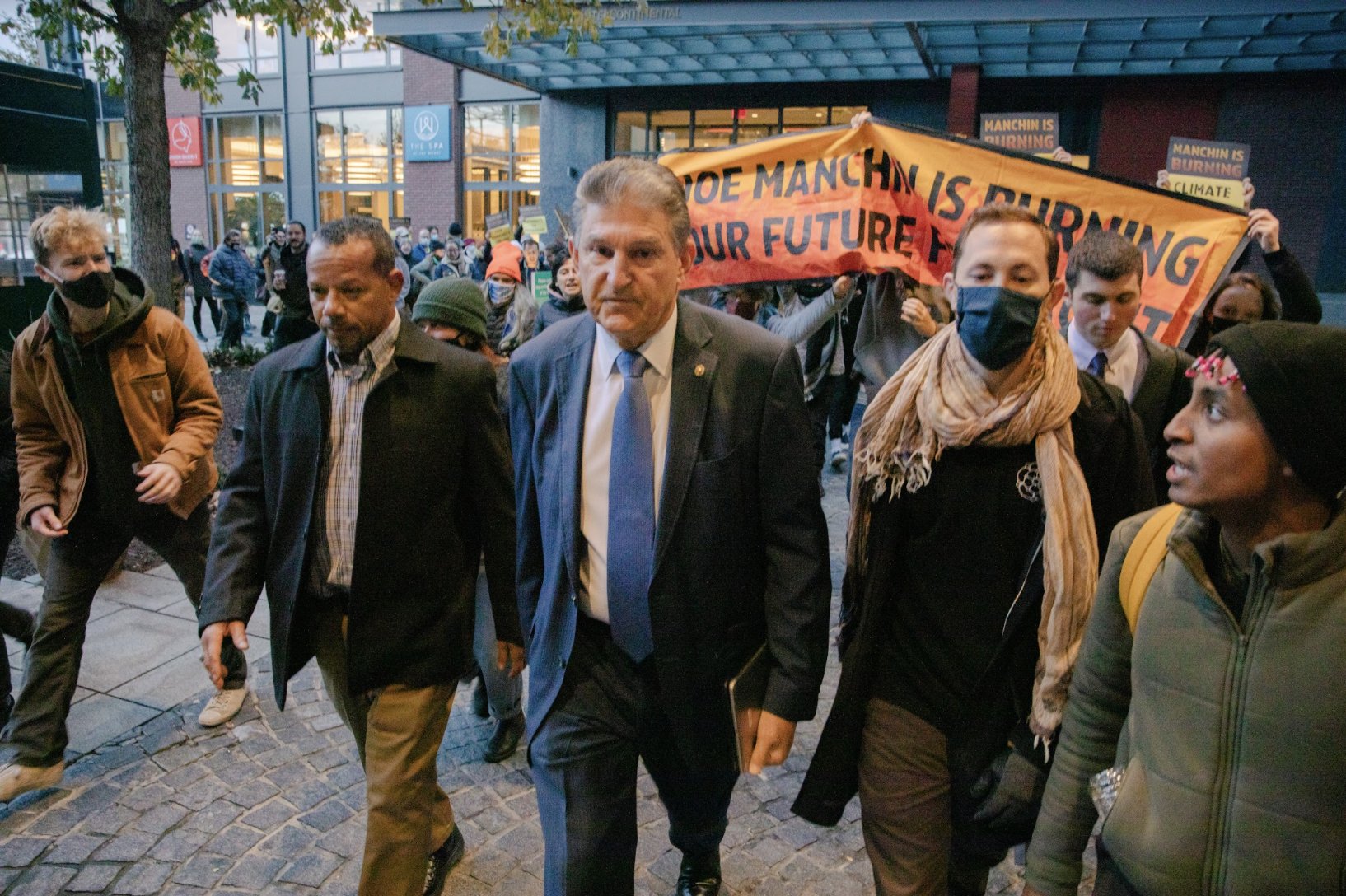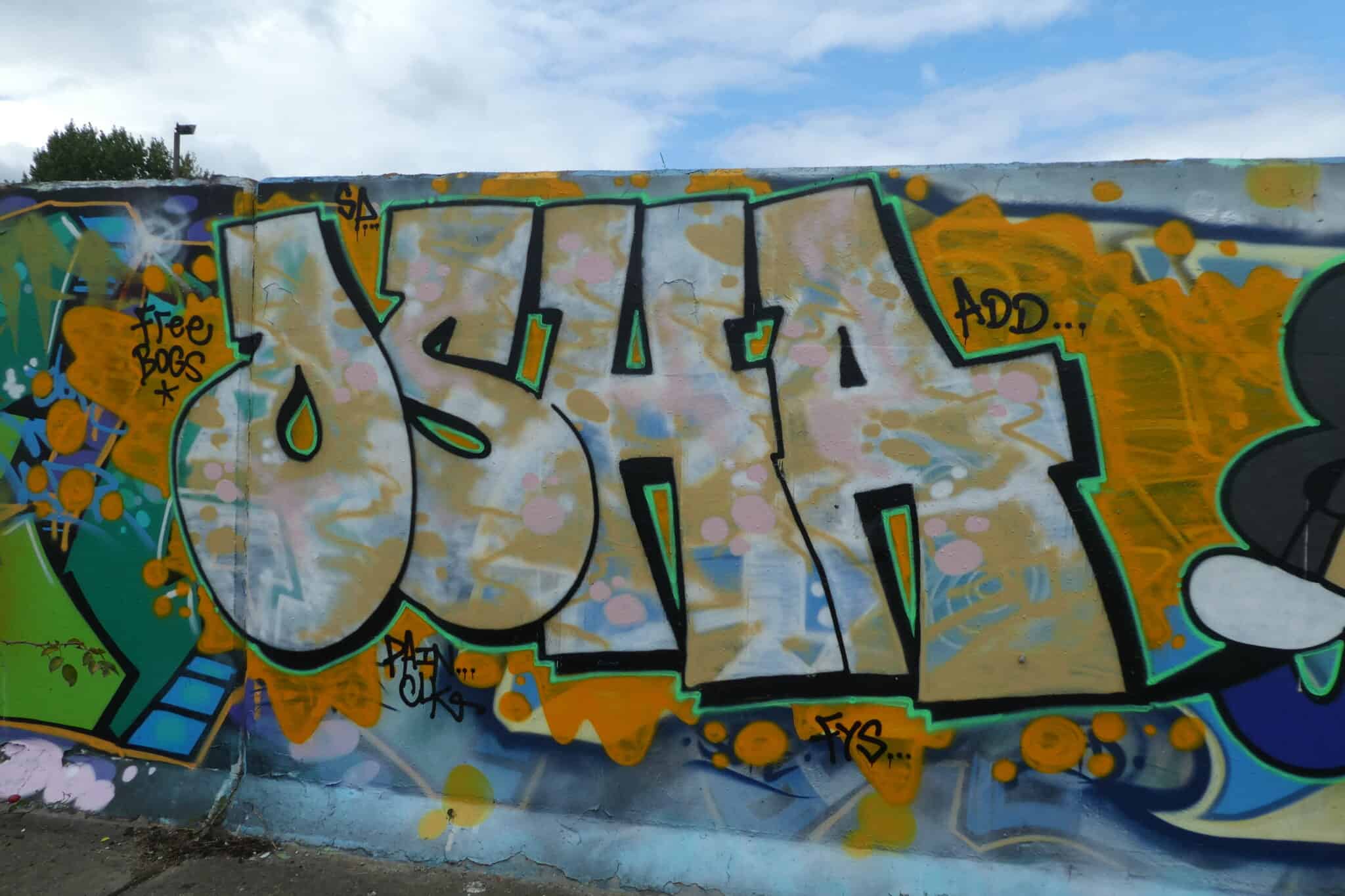
Tascha Shahriari-Parsa is a government lawyer enforcing workers’ rights laws. He clerked on the Supreme Court of California after graduating from Harvard Law School in 2024. His writing on this blog reflects his personal views only.
Yesterday, OSHA publicized a new rule—an emergency temporary standard (ETS)—that mandates workers at U.S. companies with 100 or more companies to either receive COVID-19 vaccinations or undergo weekly testing and wear a face covering at work. The rule takes effect today, and sets a deadline of December 5th—a month away—for employers to comply by the ETS. Under the ETS, employers must also provide paid time off for workers to receive vaccinations, as well as paid sick leave for employees to recover from side effects from vaccinations. Employers could be fined up to $13,653 for serious violations of the ETS, and up to $136,532 for violations that are deliberate. 22 States with their own worker safety agencies—like California with Cal/OSHA—will have an additional 30 days to either apply the ETS to their own State or come up with a standard that is at least as protective. Furthermore, although the ETS directly covers only private workers, states with safety standards that apply to public employees will also have to apply the standard to their local and state government employees.
Last Friday, the NLRB’s Division of Advice released seven advice memos. One of these advice memos (Amazon.com) asks the Board to limit its workplace civility doctrine only to cases of abusive conduct, rather than misconduct “that fails to rise to the level of abusive conduct,” after the Board implied in two decisions after General Motors that such non-abusive conduct could also be subject to the Write Line/General Motors standard. Another advice memo discussed when individual acts should be considered “inherently” concerted activity, suggesting that the case of an employee complaining about another employee’s failure to adequately quarantine after being exposed to COVID-19 should qualify (Drew’s Tire Pros), in line with current GC Jennifer Abruzzo’s August memo and former Acting GC Peter Ohr’s March 31 memo on expanding the Board’s understanding of what constitutes protected concerted activity. Other advice memos from last Friday concerned the Section 7 lawfulness of handbook provisions limiting employees’ abilities to discuss working conditions with fellow employees and clients (Kitsap Tenant Support Services); questions of when the Board can infer an employer’s intent to chill union activity in violation of Section 8(a)(1) of the NLRA during its partial closing of a subsidiary (Truck Tech Services); and when an employer violates Section 8(a)(5) by prematurely declares an impasse (Jonathan Club).
Seven months into one of the longest strikes of the 21st century, mine workers from rural Alabama took their strike to New York City to protest outside the offices of BlackRock. BlackRock is the largest stakeholder in Warrior Metal Coal, which owns the two Alabama mines whose workers have been on strike. The mines are the deepest in North America, at a depth of 2,000 feet. Cecil Roberts, the president of United Mine Workers of America (UMWA), and five other UMWA members were arrested at the protest yesterday.
The UMWA mining workers are among over 22,000 U.S. workers currently on strike this Strikesgiving. Of these, 2,000 healthcare workers at Mercy Hospital reached a tentative agreement yesterday with Catholic Health after a five-week strike, including staffing ratios that Catholic Health must meet. Workers at the Kellogg’s factory in Landisville, PA are also now in the fourth week of their strike demanding an end to their two-tiered wage system which they argue has resulted in 96-hour work weeks. We can expect the strike wave to increase into this month as, for example, 24,000 health care workers at Kaiser Permanente have also recently authorized a strike.
Meanwhile, activists with the Sunrise Movement confronted Senator Joe Manchin yesterday on his way to the Capitol in his Maserati. On Tuesday, Manchin had stated that he supports proposals for expanding pre-kindergarten, additional investments in home health care, and prescription drug price negotiations in Biden’s Build Back Better budget reconciliation bill; however, he is opposed to many other proposals being included in the bill, including the paid family leave proposal which would guarantee qualifying Americans up to four weeks of paid leave. “I want to support paid leave. I want to do it in a bipartisan way,” Manchin said on Wednesday. “I’ve talked to Susan Collins, I’ve talked to colleagues on both sides. We both agree something can be done. Let’s do that in the proper — we’re trying to force it to reconciliation which has guardrails and rules and regulations. Let’s do it and do it right…” Neither Manchin nor Kyrsten Sinema have publicly expressed any opposition to the inclusion of parts of the PRO Act in the reconciliation bill.







Daily News & Commentary
Start your day with our roundup of the latest labor developments. See all
February 23
In today’s news and commentary, the Trump administration proposes a rule limiting employment authorization for asylum seekers and Matt Bruenig introduces a new LLM tool analyzing employer rules under Stericycle. Law360 reports that the Trump administration proposed a rule on Friday that would change the employment authorization process for asylum seekers. Under the proposed rule, […]
February 22
A petition for certiorari in Bivens v. Zep, New York nurses end their historic six-week-strike, and Professor Block argues for just cause protections in New York City.
February 20
An analysis of the Board's decisions since regaining a quorum; 5th Circuit dissent criticizes Wright Line, Thryv.
February 19
Union membership increases slightly; Washington farmworker bill fails to make it out of committee; and unions in Argentina are on strike protesting President Milei’s labor reform bill.
February 18
A ruling against forced labor in CO prisons; business coalition lacks standing to challenge captive audience ban; labor unions to participate in rent strike in MN
February 17
San Francisco teachers’ strike ends; EEOC releases new guidance on telework; NFL must litigate discrimination and retaliation claims.